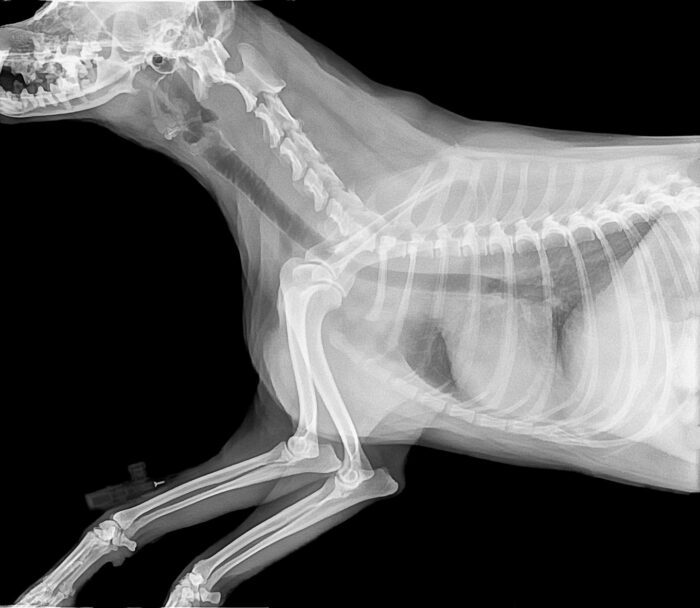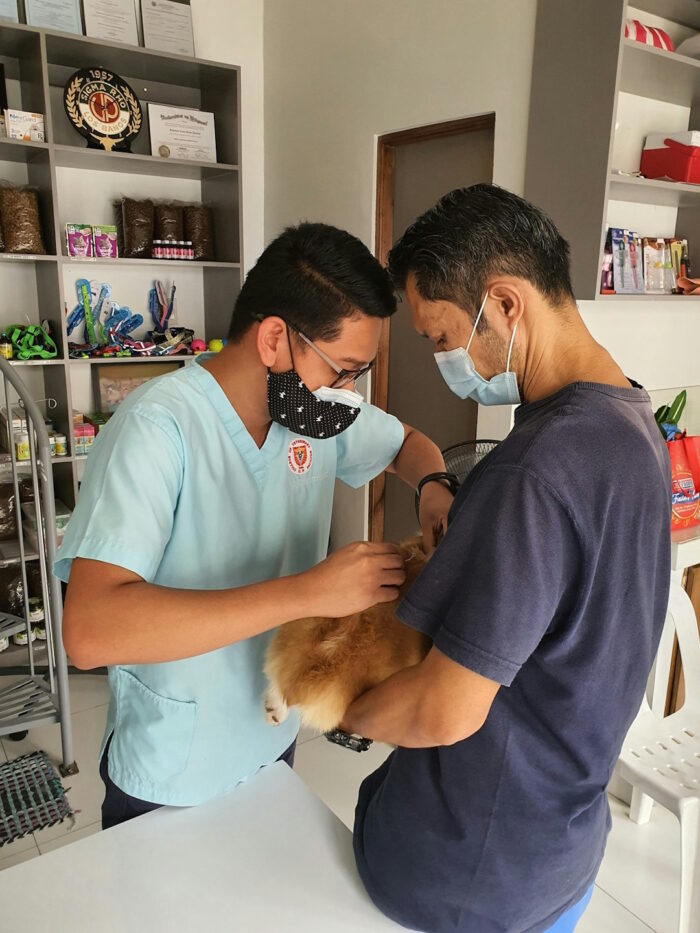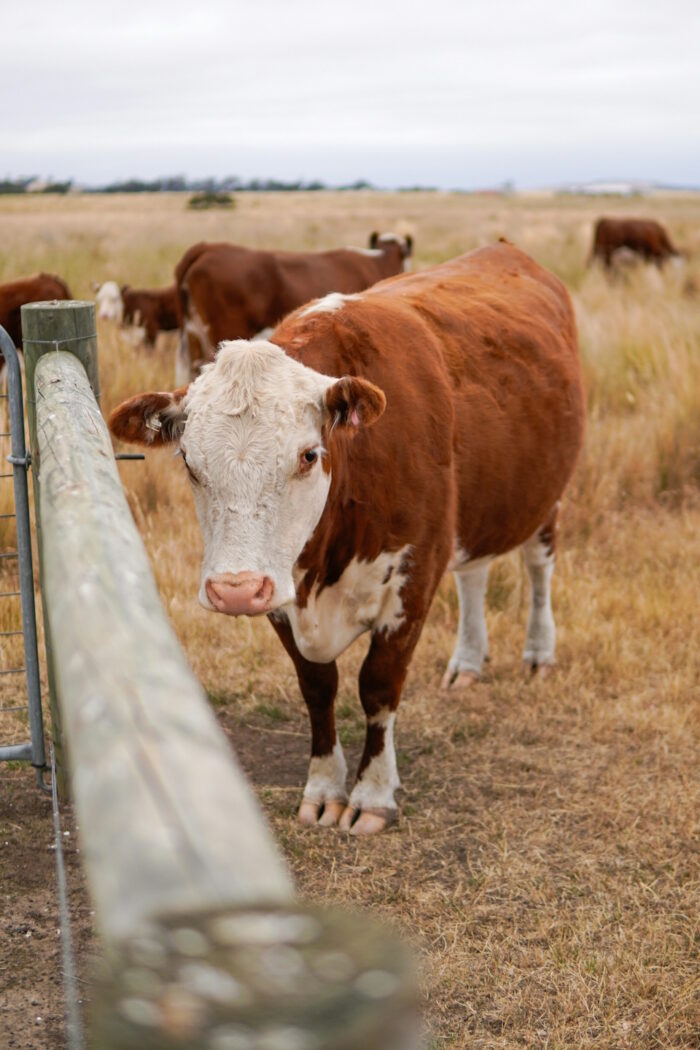Veterinary Medicine
- UCAS Code: D100 MB/VetMB
- Campus Code: 4
- Duration: 6 years
- Places per year: 2-3
Studying to become a vet is challenging wherever you choose to do it, but the Cambridge course offers the most diverse and rewarding veterinary education experience possible. Cambridge provides a uniquely supportive environment in which to learn, succeed and enjoy your university years. Our veterinary school has a long tradition of producing the finest veterinary graduates – based on a combination of teaching from some of the world’s top scientists and veterinary surgeons, alongside a focus on practical skills.

Veterinary Medicine
Looking for something specific? Use these quick links to get to where you want to go…
Course Overview
The course lasts 6 years:
- for the first 3 years you focus on scientific principles underlying veterinary medicine and develop your knowledge of the professional, ethical, financial, management and social responsibilities veterinary surgeons have
- for the last 3 years you’ll apply your knowledge to clinical scenarios and clinical practice, finishing off with a whole year spent in a Veterinary Hospital
If you successfully complete the first 3 years of the course, you’ll graduate with a BA (Hons) degree.
If you then successfully complete the last 3 years, you’ll graduate with a BA as well as VetMB.

How You Learn
During the first 3 years of the course you’ll have lectures and practical classes and small-group supervisions. You can typically expect 20 to 25 teaching hours each week. You’ll also have 120 hours of dissection across the first 3 years.
During the last 3 years you’ll have lectures, practicals, group work in directed learning sessions, seminars, discussions and tutorials. You’ll also have practical clinical classes and time at the University Farm.
You will not have any lectures in the sixth year of the course.
Your progress is continually reviewed by your supervisors and your Director of Studies. Formal assessment, which is how you progress through the course, includes written essays, short answer questions and practical examinations.

Entry Requirements
Minimum Offer Level
A-Level: A*AA
IB Diploma: 41-42 points, with 776 at Higher Level
Other: See the University’s Entry Requirements page
Subject Requirements
You will need A Levels/IB Higher Levels (or the equivalent) in:
- Chemistry
- At least one of Biology, Mathematics, or Physics.
Most applicants for Veterinary Medicine at Cambridge have at least three science/mathematics A Levels.
If you’re studying Mathematics at IB Higher Level, we recommend Analysis and Approaches for the most competitive application, however Applications and Interpretations will also be considered.
Colleges may require an A*/7 in specific subjects as part of your offer.
Other Requirements
Work experience is not a requirement, but some experience is useful to understand the profession and what is required of its members. We recommend that you have at least two weeks of work experience, if possible.

Admissions Process
Written Work
None required.
Admissions Assessment
All applicants for Veterinary Medicine for 2025 entry are required to take the Engineering and Science Admissions Test (ESAT) at an authorised assessment centre. You must register in advance for this test.
Please see the University’s admissions test page for more information.
Interviews
Two interviews of around 25 minutes each. These will focus on candidates’ aptitude in science/maths subjects, as well as discussion of any work experience. While we will ask about clinical cases you have seen, or any additional reading in science, maths or Veterinary Medicine, we will not expect you to know any detailed information normally taught as part of a university veterinary course.
